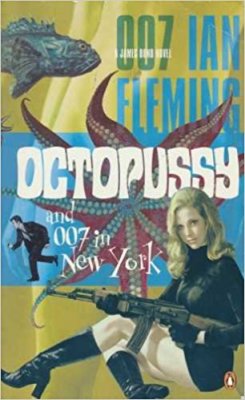Benzadmiral
Call Me a Cab
- Messages
- 2,815
- Location
- The Swamp
It's peculiar, but I recall BNW as having some dry humor tucked into it.Currently reading Brave New World as a mandatory read for school. While I do find some pleasure in some of the commentary from author Aldous Huxley, it's not my kind of style. Prior to this, we read Animal Farm as a class, which I thoroughly enjoyed.



